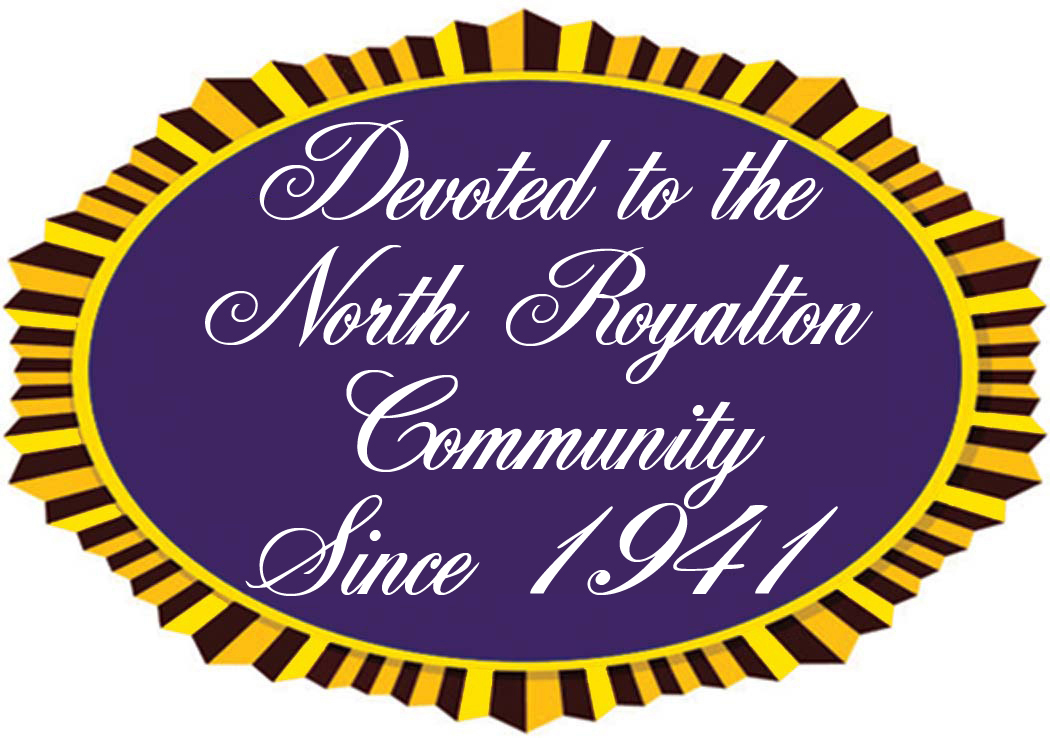We read in the second chapter of Luke that “in those days when Caesar Augustus was emperor and Quirinius was governor of Syria a census was decreed, everyone had to return to the town of their ancestors to be counted.” This puts into to motion the story of Joseph of Nazareth and his heavily pregnant wife, Mary, making the journey to the town of Bethlehem the city of David, King of Israel. Why require people to travel in December?
It’s rainy, cold, and sometimes snowy; December sounds miserable. But winter rains bring an end to the searing heat, dust, and drought to the hills around Bethlehem. Fresh new grass grows on the hillsides. The temperature is mild; the sheep are happy. The shepherds really do camp out and keep watch by night.
There is a difference of 13 days between the observance of two Christmases. Eastern Orthodox Christians use the old Julian calendar, Roman and Coptic Christians use the “new” Gregorian calendar. What once was December 25 before 1582 is now January 7. There was a time when Christmas celebrations were from Midnight Mass on December 25 to January 7. On that date, all the dried greens used to decorate were burned in grand bon fires. It was the Twelfth Night, that Shakespeare wrote about.
Traditions we associate with Christmas come from Pre-Christian times. The Winter Solstice or Yule was celebrated in the Norse countries, now Denmark, Norway, and Sweden. During this Yuletide, the Norse God Odin would lead the legendary hunt across the world. Children would leave their boots near the fire and leave carrots and hay for Odin’s eight- legged horse, Sleipnir. To show his appreciation to the good children for thinking of Sleipnir, Odin would exchange the carrots for gifts. The eight-legged horse eventually became eight reindeer and Odin, who was old, had white hair and a beard to match; sounds a lot like Santa Claus. Santa has many personalities. Saint Nicholas was a bishop in Myra in Asia Minor. He was born in 270 and died in 343. He made quite a name for himself in 73 short years. He was known for saving three daughters from lives of prostitution by secretly giving gold for a dowry for each girl. He raised three children from the dead who were murdered by a butcher who was going to sell the flesh as pork. Nicholas calmed the sea and saved sailors from shipwreck. St. Nicholas is the patron saint of Greece, children, sailors, merchants, repentant thieves, prostitutes, unmarried people, and pawn brokers. Saint Nicholas day is celebrated on December 6, when small gifts are given to good children. The Dutch called him Sinterklaas and brought him to New Amsterdam; the names were changed by the English who renamed the city New York, and the good saint became Santa Claus.
Being an English speaking country, the United States has many English customs and songs. The Wassailing song is named after a fine spiced fruit drink, often served with alcohol that originally came from the Norse ancestors. If eggs and cream were added, it became Nog. This hot drink was served with small pieces of toasted bread; that’s how a drink is “a toast.” The songs we sing like “Deck the Halls,” “and Auld Lang Syne,” go back hundreds of years.
We have gotten traditions and songs from other countries that arrived with our immigrant grandparents. “Silent Night” or “Stille Nacht, heilige Nacht,” is a Christmas carol, composed in 1818. It is 200 years old and has been translated into just about every language on earth. Our songs reach out for peace on earth. During the First World War, soldiers on both sides had unofficial truces that allowed for some fraternization, exchange of “small gifts” like cigarettes, tins of meat, a quick pick up game of football-soccer, and, of course, singing carols such as Silent Night. During the decades when Bob Hope made his tours of far flung U.S. military bases, he always sang Silent Night, every single Soldier, Sailor, Marine, Coastie, and Airman sang with him with tears in their eyes.
Did you know that the Philippines celebrate Christmas the longest? The Philippines, one of six predominantly Christian countries in Asia, boasts the earliest and longest Christmas season in the world. It starts on September 1, and is celebrated during the ‘ber months. The culmination, of course, is a novena (9) days of Masses that ends in a joyous Noche Buena Christmas Eve midnight Mass called Missa de Gallo or Mass of the Rooster who was the first to announce the birth of the Christ Child by crowing, even beating the angels. Some nativity scenes feature a rooster, now you know why. After Mass, there is feasting and gift giving and more feasting and dancing.
Closer to home, how does North Royalton celebrate Christmas? Our Lighting of the City Green is a 23-year-old tradition that will continue to delight the City and passers-by. Christmas celebrations as we know them today are due to marketing in the past 100 years. However, 175 years ago many of the residents of North Royalton were much too stodgy and Puritan to celebrate a Papist feast. Puritans of the 1600s in New England outlawed the feast of Christmas, and North Royalton early residents were hardy New England stock and ancestry. Even as late as 1866, the puritanical C. J. Green noted in his journal on December 25, Christmas, butchered a hog, and drew wood all day. One year he did attend an infair (or wedding reception), but that was it for the celebrating. While it is impossible to find out what all North Royalton folks do for Christmas, here is a sampling from our friends at the hardware store.
Dom Piccolomini says his family is Italian and there is a lot of eating. “My grandmother comes over Christmas Eve and begins cooking meatballs; they are so good. We also watch ‘It’s a Wonderful Life,’ together.”
Dom’s co-worker, Hannah Mantle, says, “I help decorate the tree every year. We hide a pickle and a pepper. It’s a German tradition. I like it.”
Jessica Soldat has passed down a tradition that started with her parents. “Everybody gets new pajamas. That is the one gift everyone is allowed to open Christmas Eve just in time to wait for Santa.”
Kurt Hillebrecht grew up celebrating St. Nicholas day. “ We put our shoes by the window on December 5th for St. Nick to fill them.”
Chris Foose most enjoys, “watching the little kids, they are full of wonder and imagination. I like that the most.”
Over at the post office Sue Koscielski says her family “does the big Christmas Eve dinner, Wigilia, with all the Polish and Ukrainian foods.” Thomas M. Szerpicki sings to the customers entering Giant Eagle, welcoming them with a Fa, la, la, that usually brings a smile to their face. There are lots of stories and memories to be uncovered, far more than can be done here.
Christmas is a season of good will. Whether you mark the feast or not, we can be a person of good will. Wear a smile, a bit of compassion, a dab of charity, and give peace a chance.
By LINDA KWARCIANY
Contributing Writer














